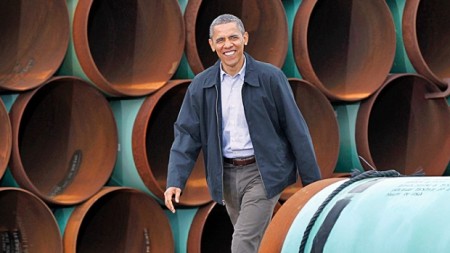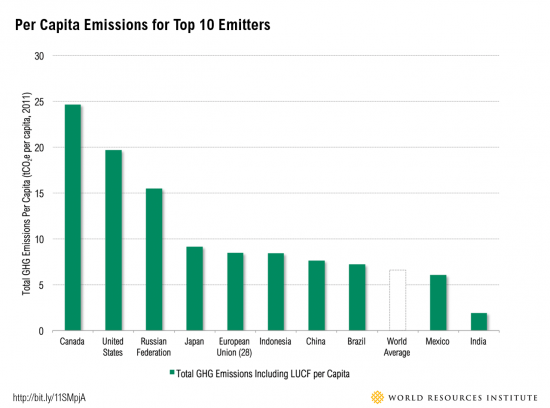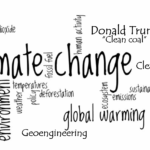November 7, 2015 – It took seven years of political maneuvering, but the current application to build a pipeline from Canada’s oil sands production facilities to Gulf Coast refineries in the United States, has been rejected by the current administration. That’s not to say a future application to build similar pipeline infrastructure will meet the same fate. But the rejection in the present is a statement that reflects our times.
The Keystone XL pipeline had become the line in the sand for the environmental movement. Daily my email inbox was inundated with messages from the Environmental Defense Fund, the David Suzuki Foundation, 350.org, Avaaz.org, the signatories to the Leap Manifesto, and others, all indicating that approval of Keystone XL was the death knell for the planet’s climate. At the same time I was also on the receiving end of missives from think tanks and the petroleum industry touting the benefits to be derived from the building of the pipeline. Republican leadership both in the Presidential race and in Congress talked about the importance of building Keystone XL, about the jobs that it would create, about the energy security it would provide, and about how it would send a message to Canada that America appreciated them as a trusted energy supplier.
President Obama in making his announcement yesterday “told it like it is.” The decision not to approve is about climate change. It’s about fighting one of the principal causes of climate change – using fossil fuels for energy generation and transportation. The President portrayed the pipeline as symbolic, as playing “an over-inflated role in our political discourse.” To environmentalists he remarked that building Keystone XL was not “the express lane to climate disaster.” And to supporters he stated, nor was it “a silver bullet for the economy.”
In truth canceling the pipeline doesn’t stop the flow from Alberta to U.S. and other markets. Today trains and tanker cars are the substitute for the pipeline and in many respects this transportation medium adds carbon intensity to oil sands production and delivery rather than diminishes it. So the cancellation won’t lower the carbon footprint that the President has referred to as justification for rejecting the application.
The only way the world wins from the administration’s decision is through joint North American action on carbon emissions and energy. With the United States the second largest emitter of greenhouse gases on the planet, and Canada among the top ten (and the world’s largest per capita emitter as seen in the graph below), the two countries can disproportionately impact global targets for carbon reduction. They collectively can set a course that other nations will follow.
The Canadian government’s official response to the announcement yesterday was one of nuanced disappointment. The newly elected federal government recognizes that one of its key mandates is to deal with climate change. For Alberta and Saskatchewan, the home of the oil sands, the onus on the provinces and the producers is to find a way to make their extractive industry less carbon intensive and do it with a great deal more zeal than in the past. For the last few years the industry has benefited from a Canadian federal government that turned a blind eye to oil patch carbon emissions. For the last few years it seems only carbon intensity per barrel of oil was the measure which was a false way of looking at emissions when you consider the explosive growth in barrels of production. So the industry and the government jurisdictions where they reside have their work cut out for them. Either find a technology that dramatically lessens carbon emissions throughout the extractive process, or invest in ways of capturing carbon at the source for industrial application or sequestration.
And as for the environmentalists, and I am one of them, Keystone XL is only a symbolic win. Collectively we all need to address our carbon footprint. We have to look in the mirror at our contribution to global warming. None of us in North America is exempt. And at the same time we have to consider the plight of the Developing World and the citizens of those nations who want to have just a little of what we have, energy to provide light through the night, energy to replace charcoal and dung cooking fires, energy that stops the cutting of rain forests, energy to clean the water they drink and use in food preparation, and a future where climate change doesn’t play havoc with their lives and homelands.
President Obama in rejecting Keystone XL is challenging all of us to address the complexities of climate change and to make some tough choices down the road. We owe him our respect whether American or Canadian or a citizen of any other country on this planet.











